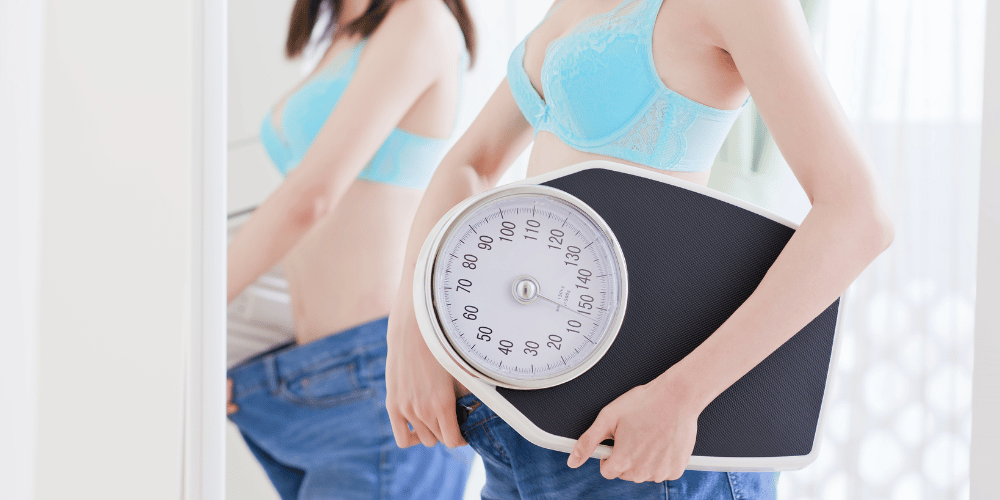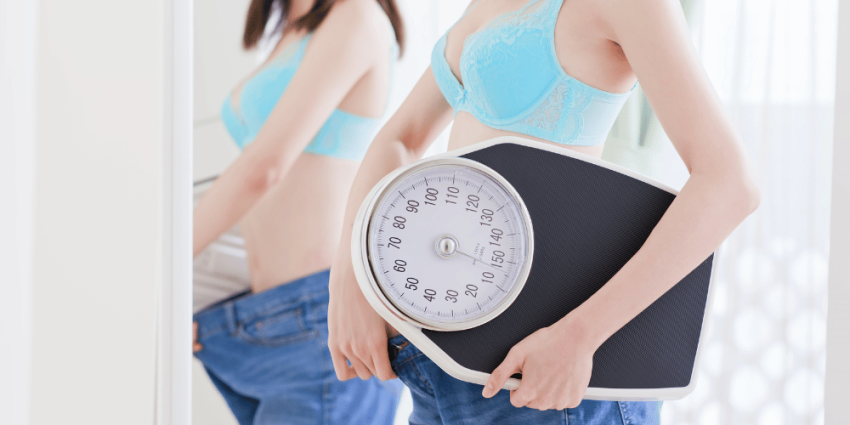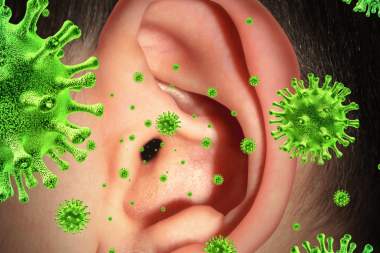Sweating is often seen as a sign of hard work and effort – but does it really help you to lose weight? It may seem like an obvious question, but the answer is more complicated than you might think. In this blog post, we’ll explore the science behind sweating and how it relates to weight loss. We’ll also look at some tips on how to maximize your sweat-induced calorie burn, as well as some other strategies for losing weight. So get ready to learn all about how sweating can help you reach your fitness goals!
What is sweating?
Sweating is the process of releasing water and salt from the body through the pores in the skin. When you sweat, your body temperature drops and this can help to cool you down.
Sweating also helps to get rid of toxins from the body. When you sweat, you are actually excreting small amounts of toxins and waste products through your skin. This process can help to cleanse and detoxify the body.
Sweating is also a natural way to lose weight. When you sweat, you are losing water weight. This can be a good way to lose a few pounds, but it is not a sustainable or healthy way to lose weight in the long term. If you want to lose weight, it is better to focus on eating a healthy diet and getting regular exercise.

How does sweating help you lose weight?
When you sweat, you are essentially losing water weight. As your body temperature rises, your body will release sweat to help cool itself down. When this happens, you will see a decrease in weight on the scale.
However, it is important to note that sweating does not necessarily mean that you are burning fat. In order to actually lose fat, you need to create a calorie deficit by either eating less or exercising more. So, if you are looking to lose weight, sweating can be a helpful tool, but it should not be your only method of weight loss.
What are the benefits of sweating?
When you sweat, your body is able to release toxins that it has been storing. This can help improve your overall health and well-being. Additionally, sweating can help burn calories and promote weight loss.
Are there any risks associated with sweating?
Excessive sweating, also known as hyperhidrosis, can be a sign of an underlying health condition. While sweating is a normal bodily function that helps regulate body temperature, some people sweat excessively and uncontrollably. This can be a nuisance and cause embarrassment. In severe cases, it can interfere with daily activities.
There are several potential risks associated with excessive sweating:
1. Skin problems: Excessive sweating can lead to skin irritation, rashes, and fungal infections. It can also worsen existing skin conditions like eczema and psoriasis.
2. Dehydration: Sweating excessively can cause you to lose fluids and electrolytes more quickly than your body can replace them. This can lead to dehydration, which can cause dizziness, headache, and fatigue.
3. Heat exhaustion: When your body loses too much fluid through sweating, it cannot cool itself properly. This can lead to heat exhaustion, which includes symptoms like headache, nausea, weakness, fainting, and increased heart rate. If left untreated, heat exhaustion can progress to heat stroke (a potentially life-threatening condition).
4. Social anxiety: Excessive sweating can cause anxiety and embarrassment in social situations. This may lead to avoidance of social interactions or activities that trigger sweating episodes.
How to sweat safely
Sweating is the body’s natural way of regulating its temperature. When the body gets too hot, it sweats to cool down.
However, there are a few things you should keep in mind if you’re looking to sweat it out for weight loss:
1. Drink plenty of water before, during, and after your workout. Sweating can lead to dehydration, so it’s important to replenish your body with fluids.
2. Wear loose-fitting clothing and avoid excessive heat. You want to be comfortable while you sweat, so dress accordingly. And be sure to take breaks if you start feeling overheated.
3. Don’t forget to eat! Since sweating can lead to dehydration, it’s important to make sure you’re getting enough calories and nutrients. A light snack before or after your workout can help keep your energy levels up.
What causes sweating?
There are many sweat glands in our body and when we work out or get hot, these glands produce sweat. The main purpose of sweating is to regulate our body temperature. However, some people may sweat more than others due to different factors such as anxiety, menopause, pregnancy, certain medications, and some medical conditions.
Does sweating help you lose weight?
Yes, sweating does help you lose weight. When you sweat, you are actually losing water weight and not fat weight. However, sweating can help burn calories and promote weight loss by helping to regulate your body temperature, which in turn can boost your metabolism.
How to sweat more during exercise
When you’re working out, you want to sweat—it’s a sign that you’re doing something right. But if you’re not sweating enough, or if you’re not sweating at all, it could be a sign that you need to up the intensity of your workouts.
Here are some tips to help you sweat more during exercise:
1. Drink plenty of water before and during your workout. When your body is properly hydrated, it will sweat more easily.
2. Dress in light, breathable clothing. If you’re wearing heavy clothing that doesn’t allow your skin to breathe, you won’t sweat as much.
3. Do some warm-up exercises before you start your main workout routine. This will help get your blood flowing and your body temperature up, both of which will make you sweat more.
4. Choose a hot day to exercise outdoors. The heat will make you sweat more than cooler temperatures would.
5. Exercise at a higher intensity than usual. If you push yourself harder than usual, your body will respond by sweating more profusely.

The benefits of sweating
There are many benefits to sweating, including weight loss. When you sweat, your body releases toxins and helps burn calories. Additionally, sweating helps to regulate your body temperature and can improve your circulation.
Sweating can also help your skin stay healthy by unclogging pores and preventing breakouts. Sweat also helps to reduce inflammation, which can help with joint pain and other chronic conditions. Additionally, sweating can help to improve mood and energy levels due to the release of endorphins in the body.
The drawbacks of sweating
When you sweat, you lose not only water but also electrolytes like sodium and potassium. These are essential for your body to function properly. If you sweat too much, you can become dehydrated, which can lead to dizziness, lightheadedness, headache, decreased urine output, and dry mouth. You may also be at risk for heat exhaustion or heat stroke if you don’t replace the fluids and electrolytes you’ve lost through sweating.
Conclusion
Sweating alone is not a guaranteed weight-loss solution. It can, however, help you increase your overall calorie burn and potentially assist in shedding the pounds if done properly in combination with other exercises and healthy eating habits. Sweat aids in detoxification of the body, increases blood circulation, and helps to reduce stress levels – all of which are beneficial for losing weight. Ultimately, sweat is an important part of any fitness regimen as it boosts metabolism and helps to keep you motivated throughout your journey toward achieving your desired results.










Leave a Reply